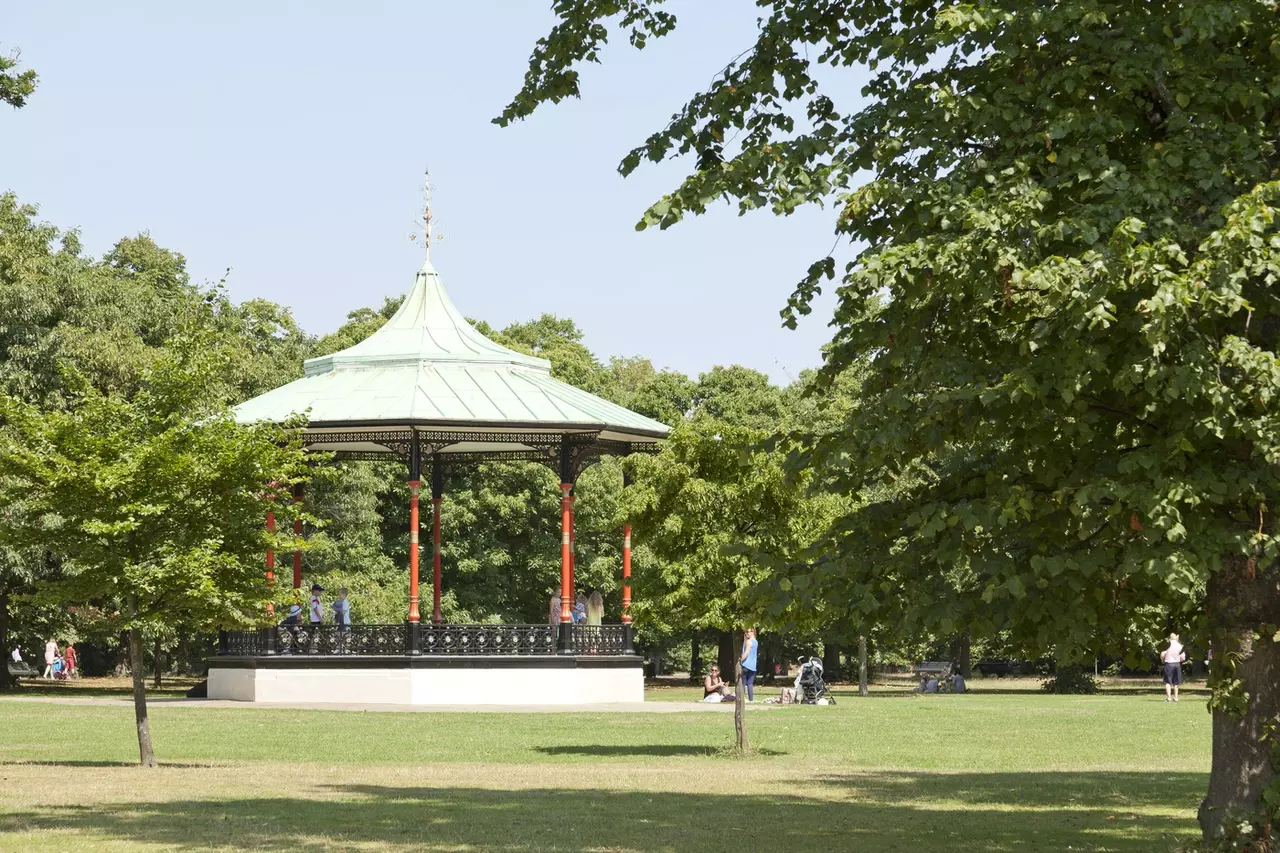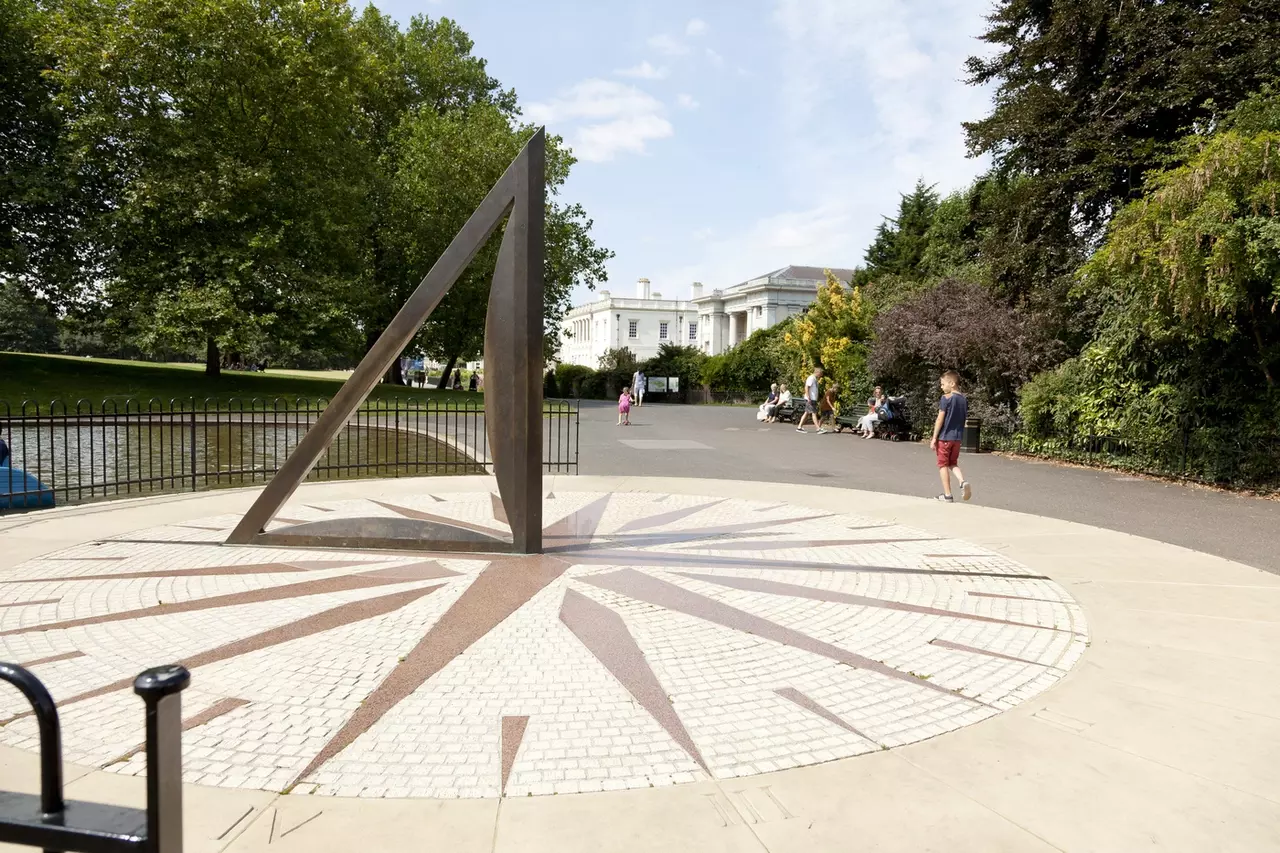
Welcome to Greenwich Park
This charming landscape has watched over the ever-changing city of London for hundreds of years.
Key information
Take a step back in time in Greenwich Park
Greenwich Park is known for its famous view over the city, which has been admired by visitors for centuries.
But next time you are admiring the vista at the top of the Grand Ascent, look behind you. You will see General Wolfe – a naval hero who won a famous victory for the British at Quebec in Canada. He was a Greenwich local who would have been familiar with the view he now looks over.
Down by the boating lake you’ll see the sundial. This marks the Greenwich Meridian Line that famously runs through the park from the site of the Royal Observatory at the top of the hill.
To the south of the park is the Victorian bandstand. Installed by locals in the 1890s, it has hosted many acts over the years – from brass bands and rappers to jazz musicians and opera singers. If you’re lucky, you might catch a performance.
To find out more about these landmarks and discover many more, explore the links below.
General Wolfe statue
Built in 1930 to commemorate General James Wolfe (1727-1759), this Grade II listed structure was designed by Dr. Tait Mackenzie and a gift from the Canadians.
The statue commemorates Wolfe's victory against the French at Quebec which secured Canada for the British. Wolfe, whose parents lived in Macartney House on the edge of the park, died in the battle.
The monument was unveiled by the Marquis de Montcalm, a descendant of the Commander-in-Chief of French forces who also died at the Battle of Quebec.
Wolfe lived in Greenwich and is buried in a local church.
.jpg11a2.jpg?itok=ESBFgffJ)
Greenwich Park Bandstand
Erected in 1891, the same year as the park's only surviving Victorian granite drinking fountain, this Grade II listed structure is located on the south-east side of Great Cross Avenue. The field surrounding it is known as Bandstand Field.
The metal was cast by the Coalbrookdale Company, famous for its decorative ironwork. 40 years before, the company exhibited the Coalbrookdale Gates (now in Kensington Gardens) at the Great Exhibition. The iron bandstand in Montpellier Gardens, Cheltenham, was also cast at Coalbrookdale and erected in 1864 - making it the country's oldest surviving iron bandstand.
This bandstand is used today as a traditional meeting point for leisure activities and sponsored events.
Please visit our What's on page to see if any performances are scheduled.

Millenium Sundial
Installed next to the Greenwich Meridian in 2000, this double horizontal dial not only tells the time but also the direction of the sun.
The Millennium Sundial was designed by Chris Daniel, chairman of The British Sundial Society, and consists of a 3m triangular metal sundial and floor mosaic.
Further information is available at the Greenwich Meridian website.
